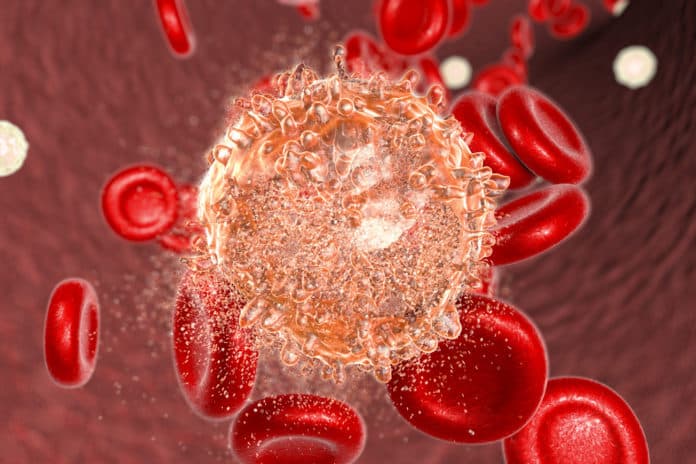AbbVie Lupin $977M+ Partnership to Develop Blood Cancer Inhibitors
AbbVie will partner with Lupin, an Indian Biopharma company located in Mumbai, to develop and commercialize Lupin’s Mucosa-Associated Lymphoid Tissue Lymphoma Translocation Protein 1 (MALT1) inhibitors as novel therapies for various blood cancers, in a close to $1 billion collaboration.
Under the pact, Lupin has received exclusive international rights to Lupin’s MALT1 inhibitor program from AbbVie, dependent on the MALT1 protein included with T-cell and B-cell lymphocyte activation.
In this deal, Lupin received an upfront pay of $30 million from AbbVie for its exclusive license, and up to $947 million tied to attaining regulatory, development, and commercial landmarks. The deal also covers Lupin to get a double royalty on sales of treatments generated through the MALT1 inhibitor application in India.
“Lupin’s MALT1 program is researching a fresh and innovative approach in difficult-to-treat cancers,” Tom Hudson, M.D., AbbVie’s VP, discovery, said in a statement who was also a part of the Human Genome Project, linking the pioneering initiative for a postdoc in 1990 at MIT. He further added that AbbVie is committed to exploring innovative treatment choices for patients and the team looks forward to partner their expertise in hematological oncology with Lupin’s detection
programme.Nilesh Gupta, managing director, Lupin said that this association with AbbVie is a milestone deal as AbbVie is known for its commitment to deliver high-quality medicines in areas that lack proper medical need and therapies. This agreement perfectly couples with AbbVie’s inclusion of oncology among its five therapeutic regions of attention.
Lupin shares the same vision with AbbVie with Oncology being in their top three therapeutic ares of focus along with immunology and metabolic disorders under its Novel Drug Discovery and Development (NDDD) program.
Based on Lupin’s NDDD’s only clinical program in oncology has completed a Phase I study in Europe in terminally-ill patients with lung cancer, melanoma, and colon cancer–and has begun a Phase II research in India analyzing the treatment candidate’s efficacy in treating a parasite kind of lung cancer that has RAS mutations for which no therapy exists globally.






























